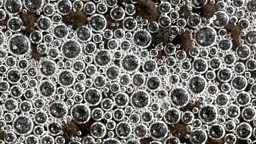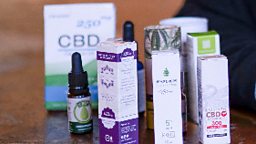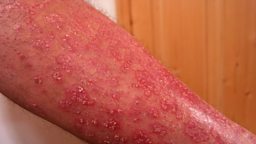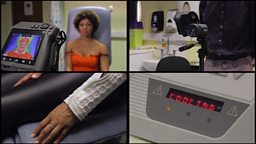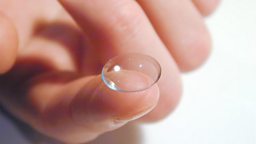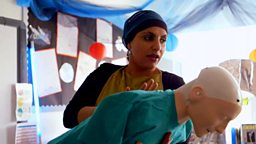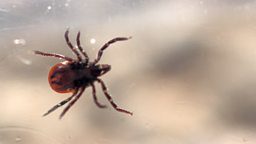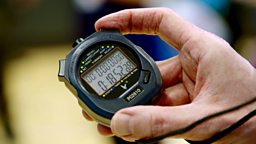What is ICP, and how do I spot it?
ICP is a liver condition in pregnancy which affects over 5,000 women in the UK every year. If you have ICP, your baby has a higher risk of being born pre-term or even dying in the womb. It’s important to spot the signs as early as possible, so you can get the right treatment, and your symptoms can be monitored.

What is ICP?
ICP occurs when the flow of bile acids (which are produced in your liver and used by your body to help digest food) becomes sluggish. As the flow slows down, these bile acids build up and cross over into the bloodstream. They aren’t life-threatening for the mother, but they do cross the placenta and reach the baby.
Symptoms
Itching is the most common symptom. Although it’s most often on the hands and feet, it can occur anywhere on the body. It can range from being mild to distressing, and may be worse at night. Symptoms generally begin around 30 weeks into pregnancy; however, they can start as early as 7 - 8 weeks.
20% of women experience itching in pregnancy, and it doesn’t necessarily mean ICP. If you speak to your doctor, they can rule out any other causes.[1]
Diagnosis and Treatment
If ICP is suspected, the next steps may be liver function tests, which can often give a rapid indication of ICP. However, it’s crucial to also perform a bile acid test, as this is needed in order to make a diagnosis. Some women can itch for several weeks before the bile acids become elevated, so, if you keep itching, it’s important to continue being tested.
If you are diagnosed with ICP, you should have regular bile acid tests to monitor the condition. Unfortunately there aren’t established guidelines on how often this should happen, but ICP Support recommends it should be weekly.[2] There’s medication that might help reduce your itch a little and improve your liver function, but is unlikely to help your bile acids.
New Research
If you are diagnosed with ICP, your baby may need to be delivered early. Research published in 2019 suggests that most women will be able to continue until 39 weeks of pregnancy with no increased risk to the baby; but women whose bile acids are over 100 micromoles per litre may need to have their baby delivered earlier, around 34-35 weeks.
If you experience itching, it’s important to tell your midwife or GP. If you are diagnosed with ICP, discuss an early delivery with your midwife or obstetrician.
Links
[1] It can be caused by raised levels of chemicals, like hormones, in the blood. As your bump grows, the skin of the abdomen stretches, which may also lead to an itchy sensation. There is also polymorphic eruption of pregnancy





